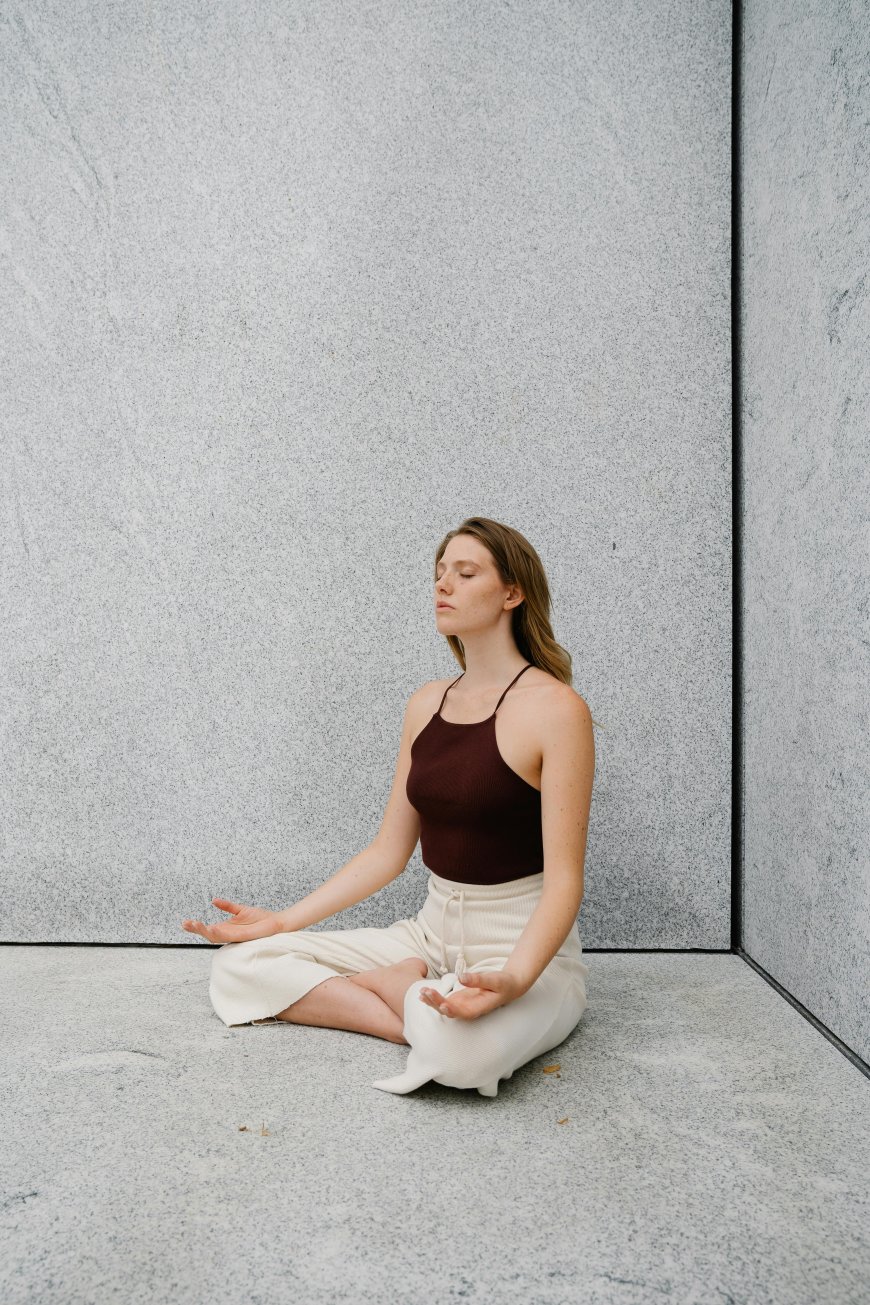Best Daily Mindfulness Exercises
Discover simple daily mindfulness exercises to reduce stress, boost focus, and create inner calm.

Why Mindfulness Matters in Today’s Busy World
In a world of constant notifications, endless to-do lists, and digital overload, mindfulness isn’t a luxury—it’s survival. Stress, anxiety, and burnout are rising, and people are searching for simple tools to stay grounded. Daily mindfulness exercises are one of the most powerful antidotes.
Mindfulness is more than meditation. It’s the practice of living fully in the moment—aware, present, and calm. Research shows mindfulness reduces stress, improves concentration, and even rewires the brain for emotional balance. And the best part? You don’t need hours of silence or a yoga retreat to practice it.
The Science of Mindfulness
Studies from Harvard and Oxford have revealed that consistent mindfulness practice:
-
Reduces cortisol (the stress hormone).
-
Improves focus and decision-making.
-
Enhances emotional regulation.
-
Strengthens neural pathways linked to calm and resilience.
In other words, mindfulness is like a daily workout for your brain.
Easy Daily Mindfulness Exercises
Here are the most effective practices you can integrate into everyday life:
1. Morning Breathing Practice
Start the day with three minutes of deep, intentional breathing. Inhale for four counts, hold for four, exhale for six. This simple act centers your mind and signals calm to your nervous system.
2. Mindful Walking
On your way to work or during a break, slow down. Notice your steps, the feel of the ground, the rhythm of your breath. Walking becomes meditation in motion.
3. Gratitude Journaling
Write down three things you’re grateful for each morning. Gratitude shifts your brain toward positivity and builds emotional resilience.
4. Mindful Eating
Instead of rushing meals, slow down. Notice the textures, flavors, and aromas. Eating mindfully improves digestion and reduces overeating.
5. Body Scan Meditation
At night, spend five minutes scanning your body from head to toe, releasing tension. This reduces anxiety and promotes better sleep.
Storytelling: A Transformation Through Mindfulness
John, a software developer in Toronto, was constantly overwhelmed. He worked late, ate meals at his desk, and felt like life was rushing past him. A friend suggested mindfulness journaling. At first, he resisted—it felt “too simple.” But within weeks, writing three lines of gratitude each morning began to shift his mindset. He noticed his stress levels dropping, and even his productivity at work improved.
John’s story is proof that mindfulness isn’t abstract—it’s a daily practice that reshapes how you experience life.
Building Mindfulness into Your Routine
Mindfulness only works if it becomes part of your lifestyle. Try this structure:
-
Morning → 3 minutes of breathing, gratitude journaling.
-
Daytime → Practice mindful walking or mindful eating.
-
Evening → Body scan or reflection journaling before bed.
Even 10 minutes a day is enough to create lasting benefits.
Overcoming Common Mindfulness Struggles
Many beginners face resistance. Here’s how to overcome it:
-
“I don’t have time.” → Start with 2 minutes. Consistency matters more than length.
-
“I can’t stop my thoughts.” → Mindfulness isn’t about stopping thoughts; it’s about noticing them without judgment.
-
“It feels awkward.” → Like exercise, it becomes easier with practice.

Emotional Connection: Mindfulness as a Lifeline
Think of the moments you’ve rushed through life—barely tasting food, skimming conversations, stressing about tomorrow. Mindfulness offers something radical: presence. It’s the chance to actually live your life instead of racing past it.
Conclusion: Start Small, Feel the Shift
Daily mindfulness exercises don’t require special equipment, only intention. With just a few minutes a day, you can reduce stress, sharpen focus, and find calm in chaos. The most powerful change comes from consistency—choosing presence, one breath at a time.
FAQs
Q1: How long should I practice mindfulness each day?
A1: Even 5–10 minutes daily can create measurable benefits.
Q2: Do mindfulness exercises replace meditation?
A2: No—mindfulness includes meditation, but it also extends into daily activities like walking or eating.
Q3: Can mindfulness reduce anxiety?
A3: Yes, studies show regular practice lowers stress and anxiety levels significantly.
Q4: What’s the easiest mindfulness practice for beginners?
A4: Start with mindful breathing or journaling—simple yet effective.
Q5: Is mindfulness backed by science?
A5: Absolutely—neuroscience confirms its benefits for focus, calm, and resilience.
What's Your Reaction?
 Like
0
Like
0
 Dislike
0
Dislike
0
 Love
0
Love
0
 Funny
0
Funny
0
 Angry
0
Angry
0
 Sad
0
Sad
0
 Wow
0
Wow
0



































































